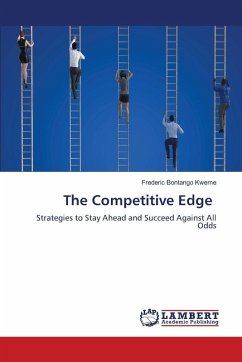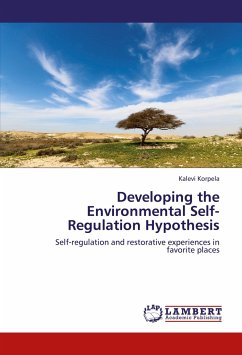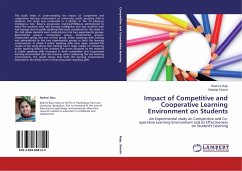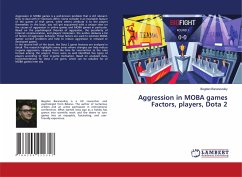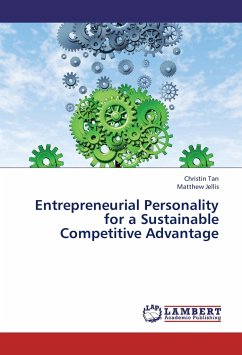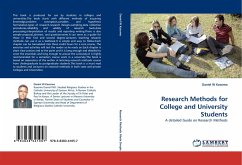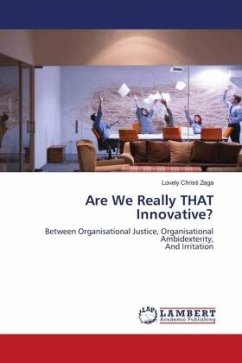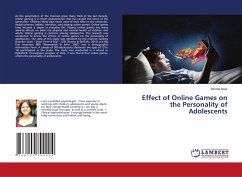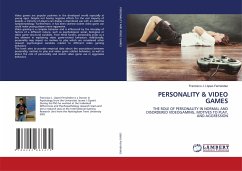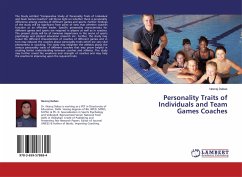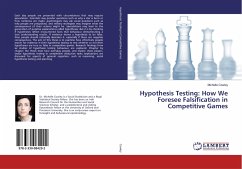
Hypothesis Testing: How We Foresee Falsification in Competitive Games
Versandkostenfrei!
Versandfertig in 6-10 Tagen
32,99 €
inkl. MwSt.

PAYBACK Punkte
16 °P sammeln!
Each day people are presented with circumstances that may require speculation. Scientists may ponder questions such as why a star is born or how rainbows are made, psychologists may ask social questions such as why people are prejudiced, and military strategists may imagine what the consequences of their actions might be. Speculations may lead to the generation of putative explanations called hypotheses. But it is by checking if hypotheses reflect encountered facts that behaviour demonstrating a true understanding results. If evidence shows a hypothesis to be false, then people should rational...
Each day people are presented with circumstances that may require speculation. Scientists may ponder questions such as why a star is born or how rainbows are made, psychologists may ask social questions such as why people are prejudiced, and military strategists may imagine what the consequences of their actions might be. Speculations may lead to the generation of putative explanations called hypotheses. But it is by checking if hypotheses reflect encountered facts that behaviour demonstrating a true understanding results. If evidence shows a hypothesis to be false, then people should rationally abandon it, especially if there are negative consequences. The aim of this thesis is to examine how effectively people search for evidence in their hypothesis testing to test whether or not their hypotheses are true or false in competitive games. Research findings from six studies of hypothesis testing behaviour are explored. Chapter by chapter the thesis tests how everyday people, and master chess players, tackle hypothesis testing in competitive deductive tasks. Implications are discussed for aspects of general cognition: such as reasoning, social hypothesis testing and planning.



